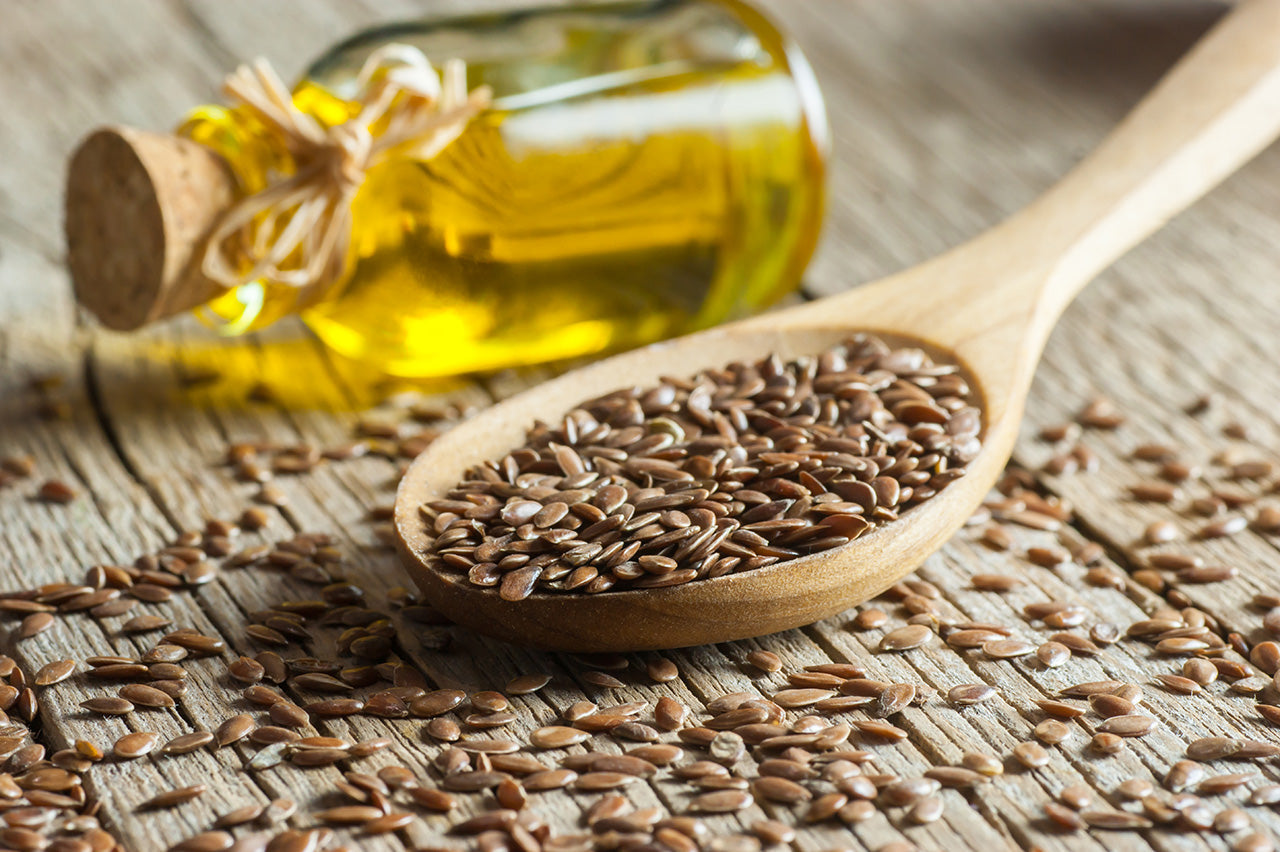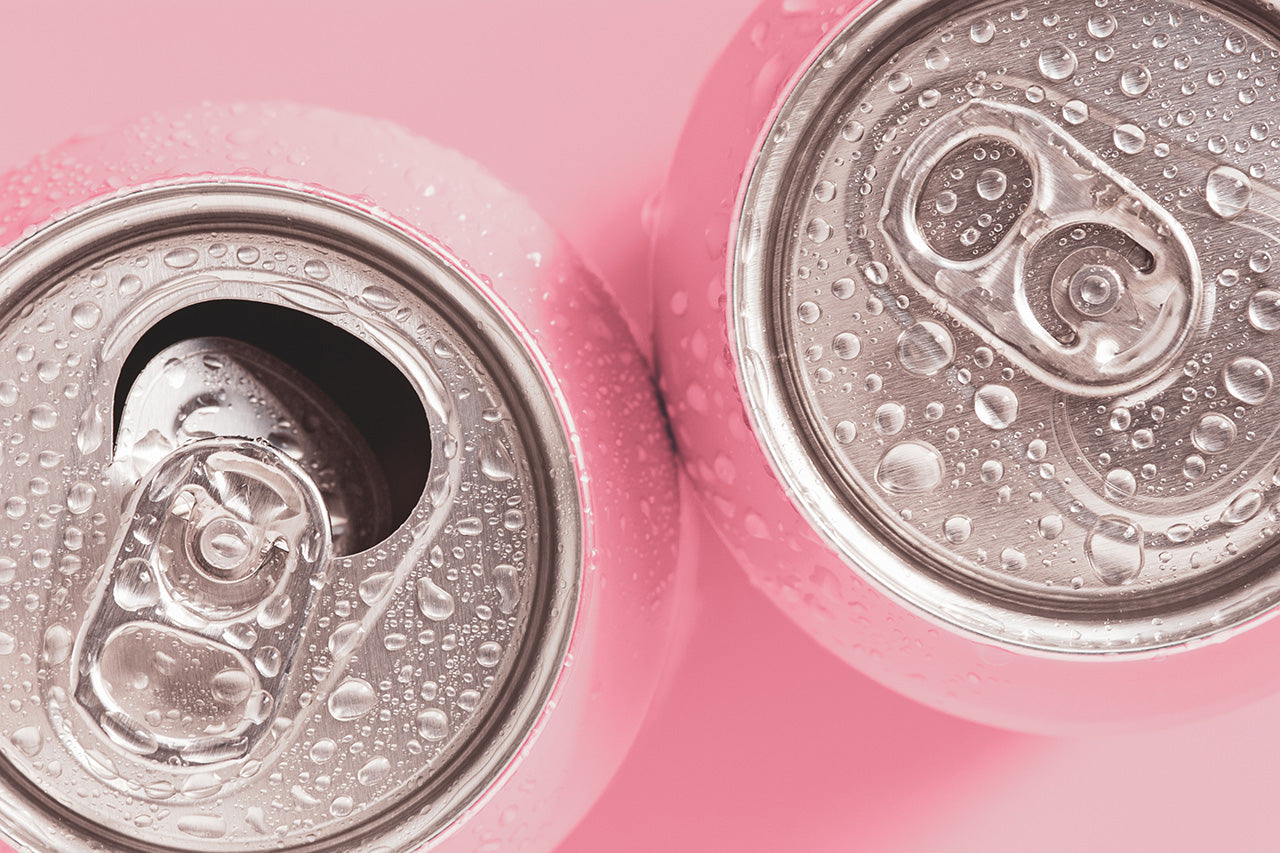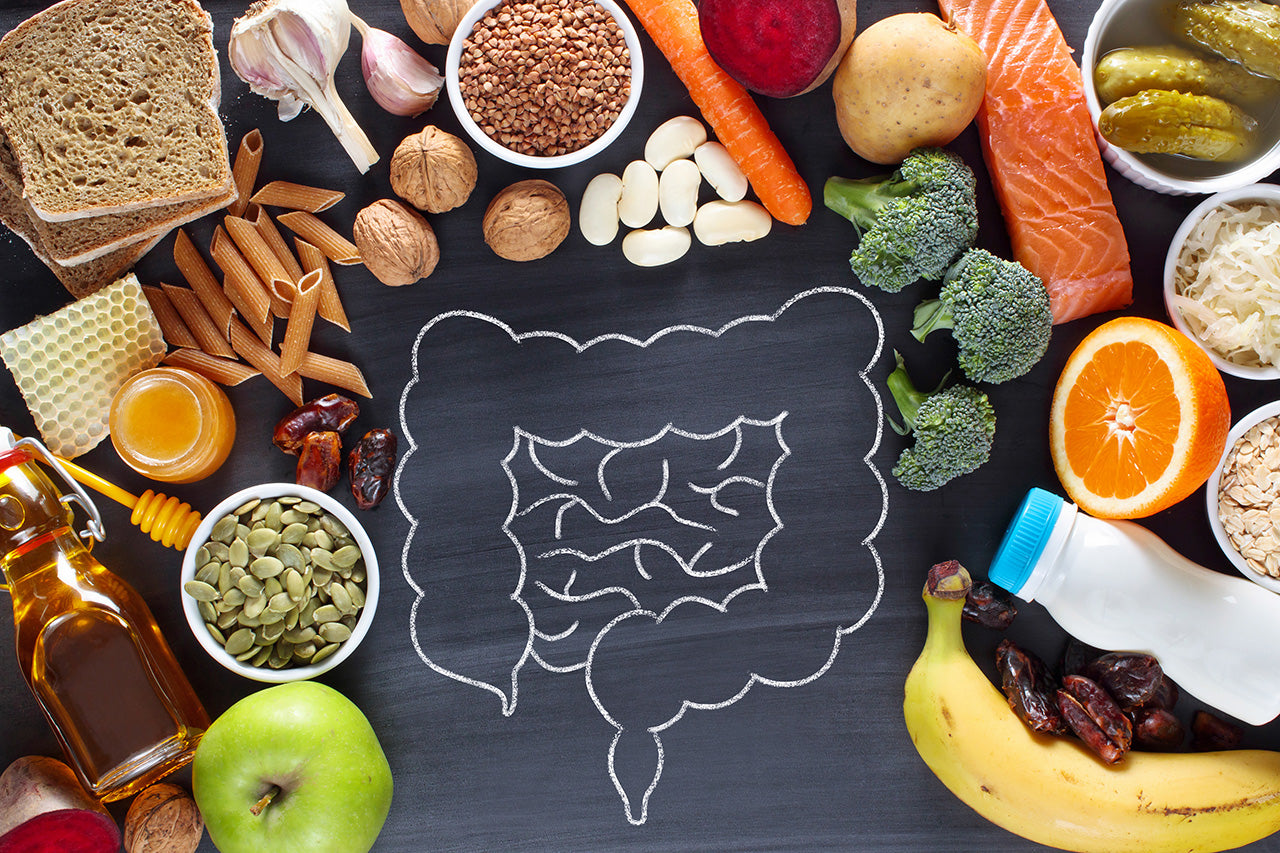
WELLNESS
Cortisol Belly: Unpacking the Relationship between Stress & Weight Gain

People have been trying to lose weight for a long time. There are even records from Ancient Greece expressing concerns about weight gain! Hippocrates warned against the dangers of obesity, promoting a healthy diet and exercise as an antidote.
In 1863, one of the earliest known publications on dieting was written by William Banting. His book, Letter on Corpulence, Addressing to the Public, was extremely popular and outlined a low-carb meal plan.
Since then, the number of weight loss programs, protocols, and books seems endless.
But with all of these resources, how is it that weight gain is still a struggle for so many? In short, mismanagement of stress might have something to do with it.
The Cortisol Belly
The connection between stress and weight gain is so clear at this point that there is a name for it. “Cortisol belly” refers to the accumulation of fat that occurs around one’s midsection as a result of high levels of circulating cortisol. Why does our body choose to localize fat here?
The reasoning is quite genius, really. Our bodies are hardwired to prevent starvation, which has been perhaps the primary stressor throughout our evolution as a species.
The stress of starvation initiates a release of cortisol as a defense mechanism to protect our core organs for survival & reproduction with an insulating layer of fat around our abdomen.
But here’s the kicker: most of us have much different stressors than our ancient ancestors; however, our body’s response to those stressors is the exact same. With this defense against starvation in mind, it’s no surprise that elevated cortisol also increases appetite and cravings for high-calorie foods - I am sure we are all familiar with self-soothing ourselves with a pint of ice cream after a particularly stressful day at work!
It should also be noted that cortisol is a costly hormone to make. Our adrenal glands are responsible for manufacturing cortisol, and they require high amounts of minerals to get the job done (hence their classification as a “mineralocorticoid”).
People enduring chronic, unchecked stress might notice weaker nails and dull, brittle hair - this could very well be the result of our mineral stores being reserved for cortisol production, a compound more essential to our survival than the sheen of our hair.
Interestingly, cholesterol is also one of the building blocks of cortisol, so is it any surprise that elevated cortisol and cholesterol levels often go hand in hand? Elevated cortisol increases the release of free fatty acids into the bloodstream. In turn, the liver uses these fatty acids to produce more cholesterol, to produce more cortisol, and the vicious cycle goes on and on.
Chronically elevated cortisol levels make us more likely to develop insulin resistance. Again, the presence of stress to our evolutionary bodies means we are either facing starvation or attack. If this is the case, we need sugars available for action. However, pulses of circulating sugars in our blood stream don't really serve someone stressed out sitting in traffic or dealing with deadlines while sedentary at their desk.
While the acute release of cortisol has an anti-inflammatory effect, the chronic production of it spells inflammation. Chronic inflammation is a primary risk factor in the etiology of cardiovascular disease. With the onslaught of modern day chronic stressors, is it any wonder that half of the American population suffers from some form of cardiovascular disease?
Taking Back Control
It’s true that an overwhelming number of stressors afflict the modern world, from a polluted environment to dealing with work, relationships, and financial stress. So given what we just learned, how is one to lose weight in such a cortisol-rich world?
The answer is to start where you can. Take a few moments to make a list of the most stressful aspects of your life, then make one of the things that bring you joy, laughter, and relaxation.
Remember that stressors come in many forms including environmental (pollution, mold, etc), relational (personal and professional), chemical (toxins in beauty & cleaning products, pharmaceuticals), dietary (processed foods & sugars, trans fats, hypercaloric or hypocaloric intake), physical (too much or too little exercise, injury, strain).
Then ask yourself: Is there a mismatch? What can you do to decrease the frequency of items on the first list and increase those on the latter? Focus on the items that you have control over.
Fortunately, diet and exercise are predominantly under our sphere of influence and are great places to start. Mindset and breathwork are 2 other areas that most people overlook in their quest for weight loss.
Remember that something is only stressful if you perceive it to be. Working on shifting your perspective for situations once perceived stressful may sound like a simple fix, but it’s much easier said than done!































































